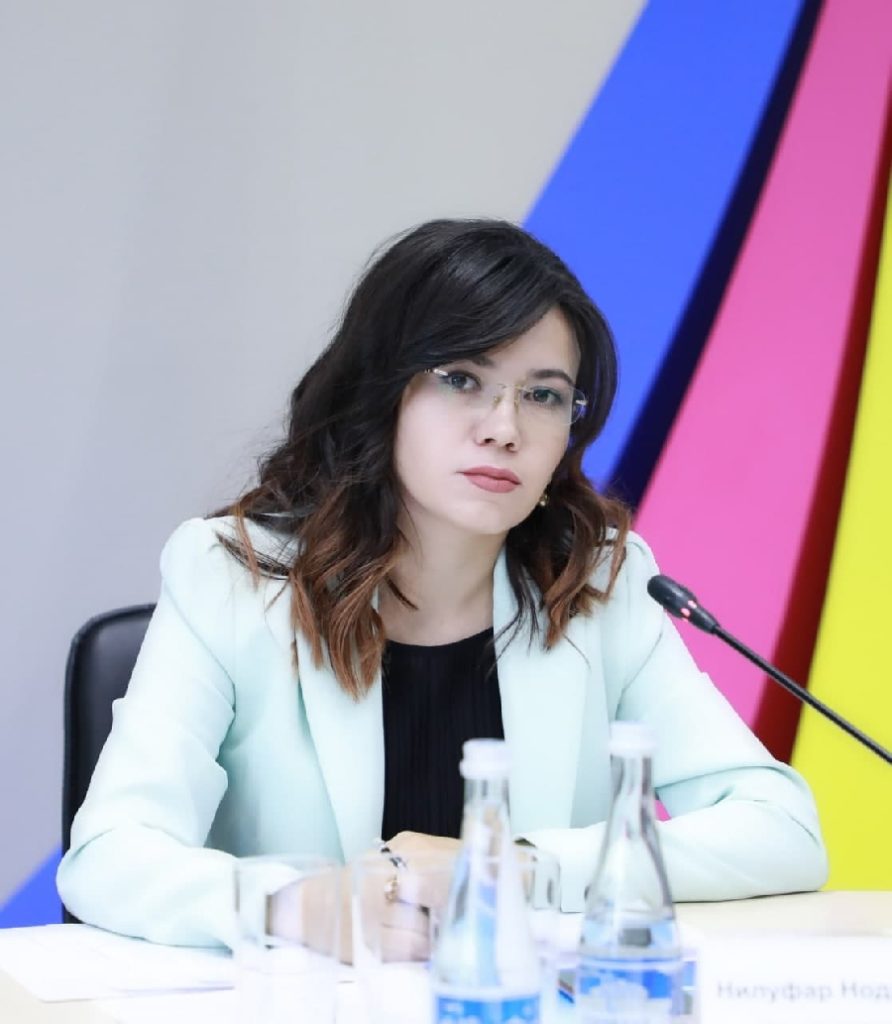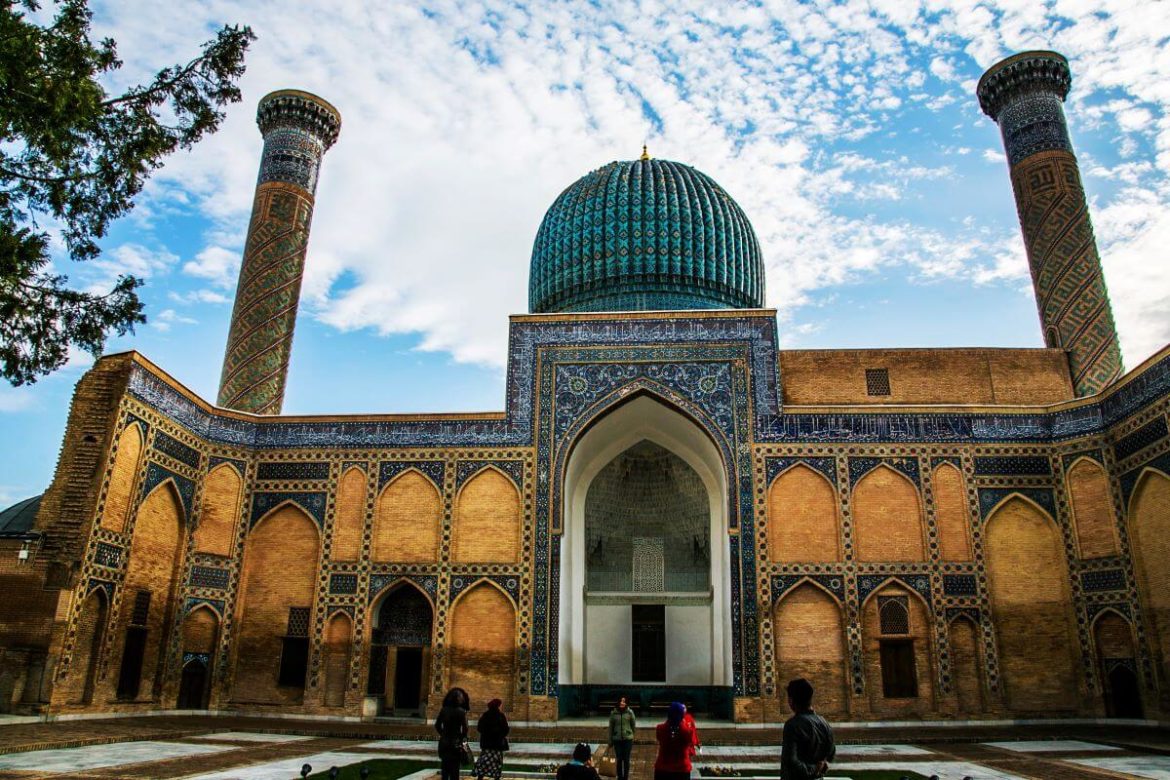
Head of Department,
“Development Strategy Centre”,
Tashkent, Uzbekistan
Economic liberalisation has been a cornerstone of reforms in Uzbekistan since 2016. Over the past five years, about 2 thousand laws, decrees and resolutions aimed at improving entrepreneurial activity, simplifying the procedure for obtaining permits, creating a preferential regime for taxes, and supporting entrepreneurship from the state have been adopted in the country.
As a result of economic liberalisation measures for business, 114 licenses and permits were cancelled, a notification procedure was introduced for 33 activities. The processes for obtaining permits have been simplified. On average, the terms for their issuance have been reduced by two times. Unnecessary checks have been cancelled; restrictions related to the circulation of cash, foreign currency and raw materials have also been lifted. According to the Index of Economic Freedom, produced by the Heritage Foundation in partnership with The Wall Street Journal, Uzbekistan has climbed from 152nd place in 2018 to 108th position in 2021. The growth amounted to 44 ranks within four years.
The number of taxes paid by business entities has been reduced from 16 to 9. The rates of property tax, income tax and social tax have been reduced by two times. Over the past three years, more than 100 thousand entrepreneurs have received subsidies of 2.2 trillion UZS (around 200 million USD). In the last two years alone, the country has invested $500 million in developing women’s and youth entrepreneurship. During the pandemic, 1 trillion UZS (100 million USD) were allocated to expand the service sector. As a result, 20 thousand new job places have been created.
Over the past five years, the number of entrepreneurs has tripled. The number of entrepreneurs under 30 has increased five times and amounted to more than 500 thousand people. Currently, the number of entrepreneurs in Uzbekistan is about 1.5 million people. The enterprises owned by these businessmen employ nearly 5 million people. In January-June 2021, small businesses created added value in 53.0% of the total value added in the economy. The number of registered small enterprises almost doubled, reaching 503 thousand in 2021 from 278 thousand in 2016. The number of newly created enterprises nearly tripled, increasing from 28 thousand in 2016 to 95 thousand in 2021.
It is noteworthy that the country’s leadership is aware of the existing problems and is committed to supporting their solution. Thus, based on the results of an open dialogue between the head of state and entrepreneurs, measures were announced to minimise the tax burden on business and create a continuous value-added tax chain. To ensure equal competition in the domestic market, raw materials imported for export products will be exempted from customs duties. Travel companies and hotels will be exempt from tourist taxes for two years. Interest rates on loans will be reduced by at least 5%. Entrepreneurs will get long-term loans in national currency and cheaper than current rates. These measures will reduce interest rates on loans. An increase in the dollar exchange rate will not cause additional problems for the entrepreneur.
Despite the pandemic, in 2021, Uzbekistan’s GDP grew by 7%, and inflation fell from 10% for the first time in many years. The industry rose by 9.5%, services by 20%, construction by 6% and agriculture by 4%. Exports totalled $16.5 billion, increased by about $1.3 billion compared to last year. Three hundred eighteen large and 14,000 regional projects worth $12.4 billion have been launched.
President Mirziyoyev has recently approved Uzbekistan’s Investment Program for 2022-2026. The document provides for introducing new approaches in this area. In particular, the authorities will present a project management system for investment initiatives. For this purpose, a special office will be created in the Ministry of Investments and Foreign Trade. Regional, district and city project groups and holding companies will be established in the regions. In total, by the end of 2026, it is planned to master $70 billion foreign investments.
In general, it can be noted that the country is taking unprecedented measures to protect and support business entities. Despite some remaining shortcomings in ensuring business entities’ rights and legitimate interests, the reforms help overcome existing problems and provide full support to private businesses. Entrepreneurship is supported at the level of state policy in Uzbekistan.

